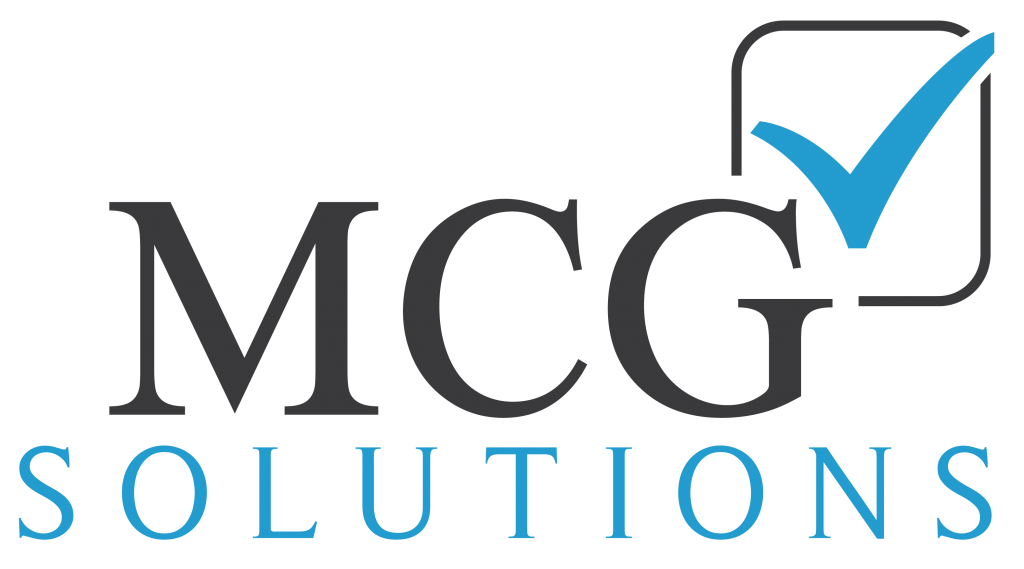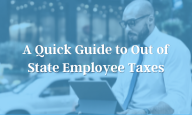The COVID-19 pandemic spurred employers to switch to remote work at unprecedented levels. Even though many companies are returning to the office, remote work is here to stay. Employees love the convenience of working from home, while employers can save money on office space, retain employees, and source top talent from across the country.
There’s just one problem: out-of-state employee taxes can be confusing. At MCG Solutions, we’ve experienced with the payroll challenges multistate employers may experience. Here’s a quick guide to out-of-state employee taxes.
Out of state payroll challenges
When determining how to handle payroll taxes, we’ll first answer certain questions:
- Are you working with an independent contractor? Good news: if you’re hiring remote independent contractors, employers do not need to withhold income taxes on their behalf. However, misclassifying employees as contractors can expose you to penalties and additional tax liability—even if it would make tax withholding easier.
- Where is the employee working? Generally, the state in which an employee works is the state that will receive the income taxes. That is if your business is located in Texas but your remote worker lives in Florida, their income tax would be paid to Florida. However, there are exceptions. If your employee comes to your state to work, then they may also need to withhold taxes in that state. Keep in mind that some cities and counties have additional tax rules.
- How many days out of the month do they work out of state? Most states have a threshold for how many days an employee can work in their state before they need to pay state income tax. If your employee exceeds this threshold, you’ll need to submit taxes to that state, rather than the business location. Some states have income or hourly thresholds. State laws can vary quite a bit. Depending on location, there may be additional rules addressing whether the employee is working out of convenience or necessity, and other considerations.MCG Solutions can help you navigate these confusing rules.
- Is there an economic nexus in the state? If there’s an economic nexus in the state—for instance, you have multiple employees living there, or you do a significant amount of business—you may have established enough of an “economic nexus” to require registering as a business in that state. That obligates businesses to pay sales, business, and income taxes to the state.
- Are there any new state laws on payroll taxes? Finally, you may be affected by new COVID-19-related legislation. Some states offer reciprocal tax agreements. Others allow employees to work up to 90 days in that state without needing to pay income tax. It’s important to know whether any new legislation will change the way your business withholds and pays income tax.
Payroll can present plenty of tax challenges, especially when you have a remote workforce. The team at MCG Solutions is happy to help take payroll off your plate. Call us today to get started.

